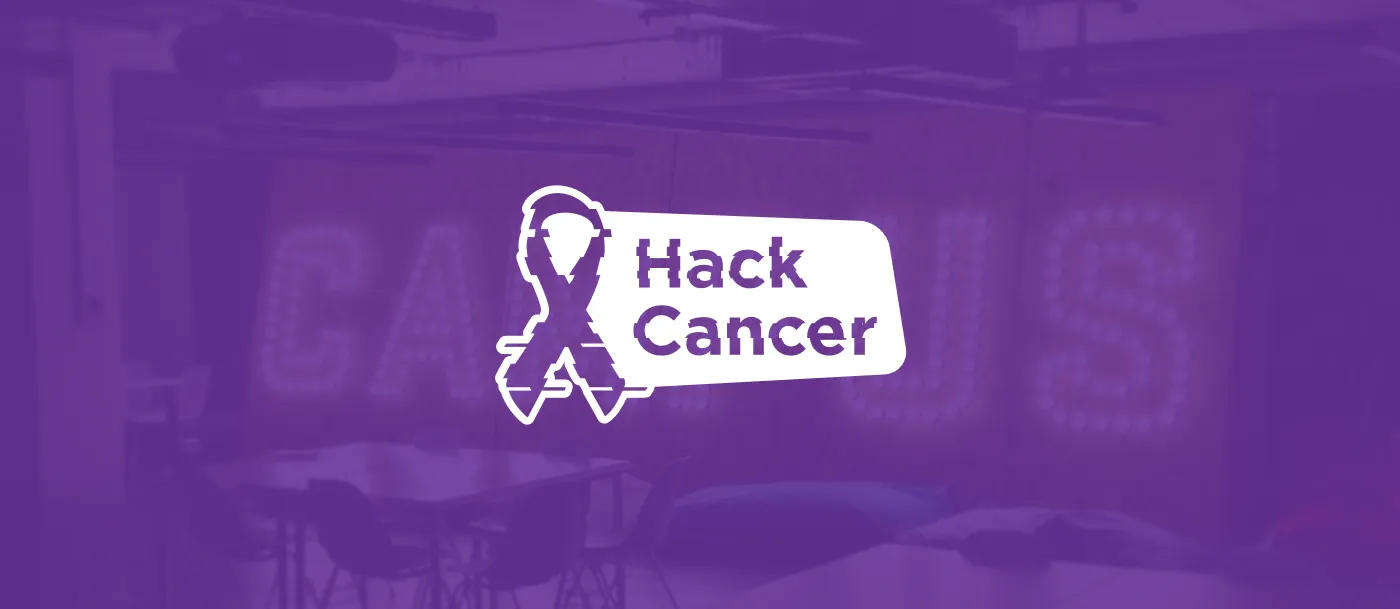
In 2015, Saudade Studio helped organise a 24-hour hackathon at the Google Campus based in Shoreditch, London.
Over 40 hackers in total arrived; These hackers organised themselves into 10 teams consiting of engineers, designers, doctors and former cancer patients with the aim of building prototype products that could aid with the diagnosis and treatment of cancer.

Helping those effected by Cancer was at the core of the event, so we kicked off the event with two inspirational talks from former-cancer patients; Andrew Raynes and Harry Lehane. Both of them were around to take any questions from hackers, throughout the event, as well as Hunain Shiwani our resident doctor.
After a very hectic morning and a red-bull fuelled evening, it was the day of the results. We were very fortunate to have a great range of judges for our judging panel:
- Judith Potts, who writes about health and cancer-related issues for the telegraph.
- Pete Coulter, head of Delivery Software Engineering at rentalcars.com
- James Gadsby Peet, Senior Digital Services Manager at Cancer Research.
- Pawel Sawicz, evangelist for Just Giving Hackers.
Harry Lehane and Hunain Shiwani also joined our judges panel, so overall we had a great breadth of knowledge and experience. We began the presentations and each team revealed their ideas to the judges.
Our winner of the Blue Peter award for most creative use of materials, was Bangour Uni for their automated pill dispenser, ‘Dosette’. They won this award through their ingenious use of paper plates, plastic cups and a box of tea. Which, in combination with a adrunio board, was able to scan your medication and have it dispensed for you each morning.

In second place we had Care and Share for their app for sending care packages to people suffering from cancer. Friends and (optionally) general members of the public could buy items from an online store which would be sent to them. The app was also used to track their appointments and medication. In addition to this they could share updates in a safe environment with only the people they want to know about it.

Finally in first place we had Cancer Journal, similar to Care and Share it allowed you to track your appointments and share updates. But it had the addition of allowing patients to upload medical records and files, the patient would then choose which would be shared with viewers of their journal.

The event ended as a great success, raising over £10,000 for Cance Research and was eventually span-off into an event in Bacelona, Spain.
